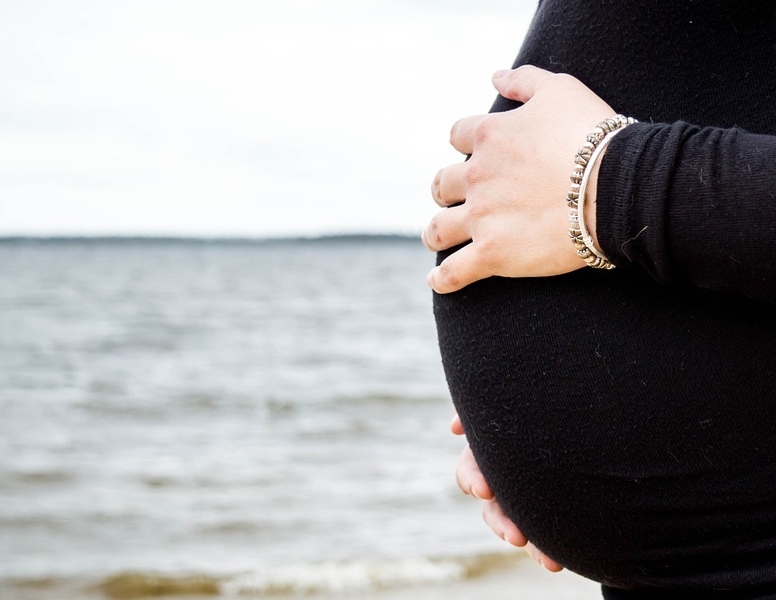
Hormonal Changes During Pregnancy: What To Expect
26 Sep 2018 | 3 min Read
Babychakra
Author | 1369 Articles
Just found out you are pregnant? Well, you and your partner must be on cloud nine! It is, no doubt, an exciting time for you but you must be aware of one thing. Hormonal changes during pregnancy can cause some discomfort and make day-to-day activities difficult as the pregnancy progresses.
But, fear not. By staying informed about how these hormonal changes will affect you, you can prepare yourself better. Knowing what to expect will make you feel in control. The good news is that the changes are temporary, and despite the discomfort, this is going to be one of the most enjoyable and exciting periods in your life.
Read on to know what to expect due to hormonal changes during pregnancy.
Digestive Issues
It’s the presence of the hormone hCG in urine that signals your pregnancy. This very same hormone can cause nausea and vomiting, though it can occur at any time of the day. If you suffer from heartburn, gas, and constipation, it is due to the hormones progesterone and relaxin which causes the muscles of the digestive system to relax. You can blame your aversion to certain foods on raised estrogen levels.
Eating smaller meals and avoiding spicy, fried foods, and carbonated drinks will help you as will drinking plenty of fluids and adding more fibre to your diet.
Glowing Skin And Thick Hair
There are two hormonal changes during pregnancy you can look forward to. The action of hormones estrogen and progesterone and increased blood flow will give you that famed pregnancy glow. Your skin will appear smooth, rosy, and radiant and your hair will be thick and shiny.
Sensitive Bladder
One of the most trying things about being pregnant is the need to pee ever so often. The culprit is again hCG, which increases the blood supply to the pelvis causing the frequent urge to urinate.
Mood Swings
Your mood may change swiftly from joy and excitement to anxiety, irritability, and tears. This may confuse you and your near and dear ones. Don’t worry. This is quite normal. The reason for such mood swings is hormonal changes during pregnancy. High levels of estrogen and progesterone affect the levels of neurotransmitters – the brain chemicals that regulate mood.
Breast Changes
Your breasts may feel sore and sensitive and increase in size. This is again because of increased levels of estrogen and progesterone.
Softening Of Joints
Progesterone loosens the ligaments and softens the joints in the body. This makes you more susceptible to strains and sprains in the ankle and knee. Softening of the joints in the pelvic area can also lead to lower back pain and loss of sense of balance. It is important to be active during pregnancy, so do exercise, but with care.
Constant Fatigue And Drowsiness
You may feel exhausted and drowsy most of the time. These are side effects of progesterone and will abate as you move into the second trimester of pregnancy. Prolactin, which prepares the breast tissue for lactation also has a tranquillizing effect.
Vulnerability To Infections
You can fall ill more easily. This is because progesterone suppresses your immune system deliberately so that your body does not reject the fetus. Just take care not be around people who are unwell.
Accept The Changes
Finally, the best way to deal with the hormonal changes during pregnancy is accepting them as an essential phenomenon. What better way to cheer yourself up than thinking of how these hormones are ensuring the healthy development of your baby!
Also read: Hormonal Changes During Pregnancy
A


Related Topics for you
Suggestions offered by doctors on BabyChakra are of advisory nature i.e., for educational and informational purposes only. Content posted on, created for, or compiled by BabyChakra is not intended or designed to replace your doctor's independent judgment about any symptom, condition, or the appropriateness or risks of a procedure or treatment for a given person.
